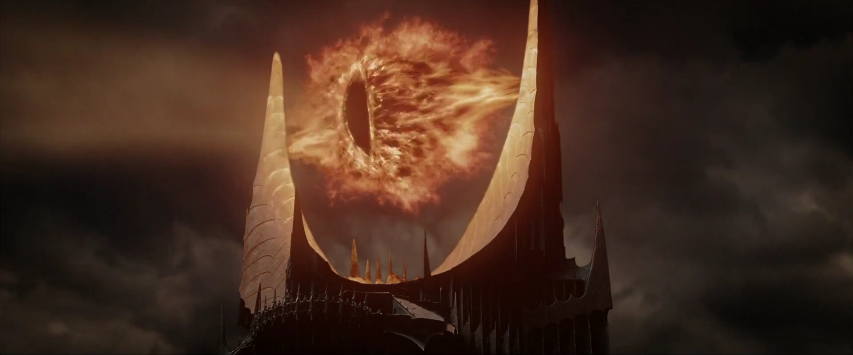
Over lunch with a colleague yesterday, I accidentally coined a new term that I’m rather amused by: Eye of Sauron Management.
You’ve probably experienced it yourself: upper management are fixated on some particular area of the business, or a specific project. It consumes their attention, and so everywhere else just sort of… decays… over time. Entropy being what it is, this isn’t all that surprising.
The decay continues until the area or project is so obviously broken that it draws the attention of the Eye. Suddenly resources are thrown at the problem! Constant status reports are generated! It’s no fun being under the gaze of the Eye, for most people, anyway. Some people love nothing more than a good crisis to get the blood pumping.
But look what’s just happened. The Eye has merely moved to a new place, while the previous object of its attention breathes a sigh of relief and relaxes, sliding back into the bad habits that got them into trouble in the first place. Nothing has been improved.
Nothing much except now there is fear. Fear of the Eye. Project managers paint an overly rosy picture of their projects (everything’s Green!) while in reality they went screaming past both deadlines and budget weeks ago. They’re simply trying to avoid the wrath of the Eye. They know that if only someone else’s project is more over budget, more on fire, they will be spared living under the gaze of the Eye… for now.
By focussing only on problem areas, Eye of Sauron management just makes everything worse. It instils a culture of fear, of avoidance, of learned helplessness. Now things only happen when watched by the Eye. It makes management feel powerful and important, but in reality, they’re wasting everybody’s time (and money!) by doing other people’s jobs for them. The job of management is to make other people more productive, particularly when you’re not around.
It’s impossible for the Eye to watch everything all the time. Instead, management needs to create self-repairing systems that fight against decay when they’re not being watched. This requires delegation and trust. It means giving up control of minutae, and allowing others to make mistakes. It means guiding and nurturing, helping others to make the same sort of decision you would make without having to actually be there. Or perhaps making a better one.
Do you have tales of living under the gaze of the Eye of Sauron?



